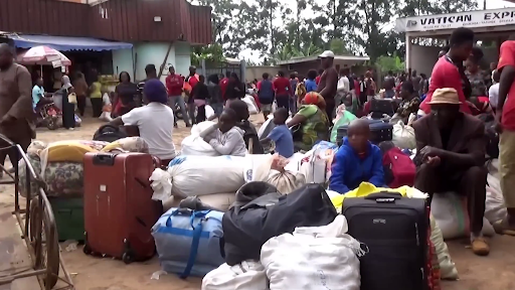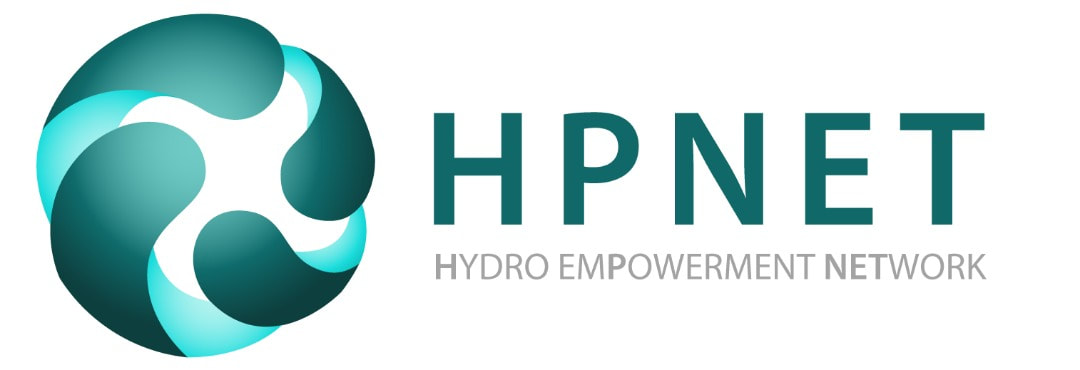- The situation is increasingly dire, resulting in catastrophic loss of life, displacement, sexual and gender-based violence, and other rights abuses. The conflict has killed over 4,000 people and displaced 765,000, of whom 60,000 have fled to neighbouring Nigeria, though these numbers are much higher by some civilian accounts.
- The true scale and details of the crisis are unknown to the international community due to government suppression of information and misinformation. The government has utilized internet blockades as well as more insidious means to track down those who discuss the conflict on social media, with extrajudicial killings continuing to take place.
- Rural economies have been devastated and community development efforts have been stifled. There remains an urgent and heightened need to push forward development initiatives, despite, and in light of, the humanitarian crisis.
- Since separatists often utilized school boycotts, government forces have targeted and forcibly shut down schools. In many affected areas, children have been unable to attend school since 2017. Health care facilities have also been targeted and many hospitals have been burned down in Anglophone regions. In December 2020 authorities suspended all activities of Médecins Sans Frontières (MSF) in the North-West region, potentially depriving tens of thousands of people of access to vital medical services.

